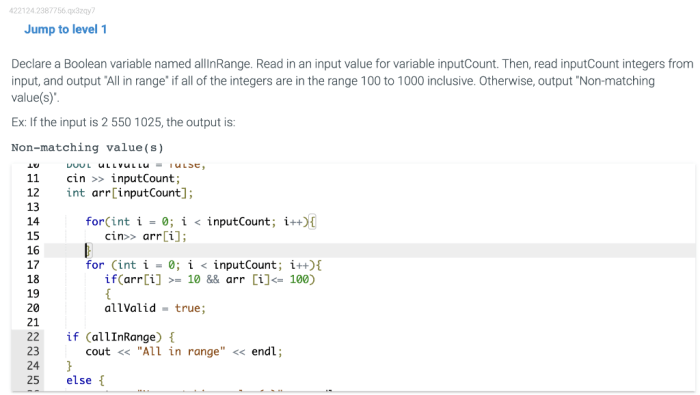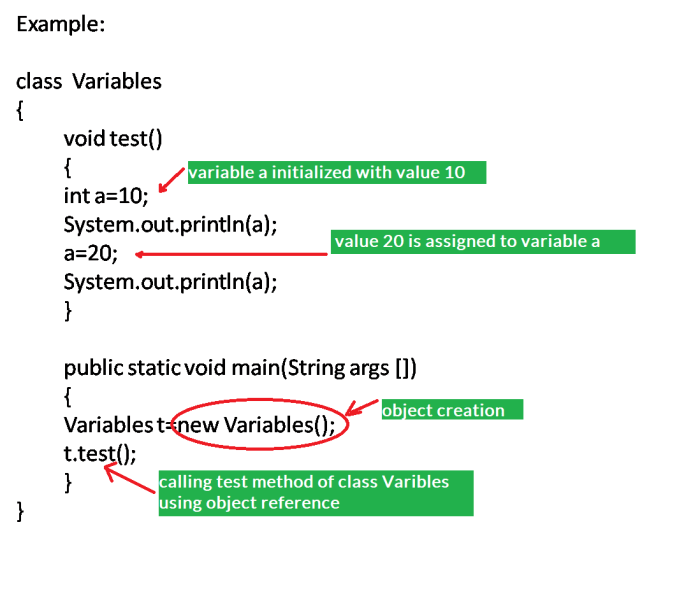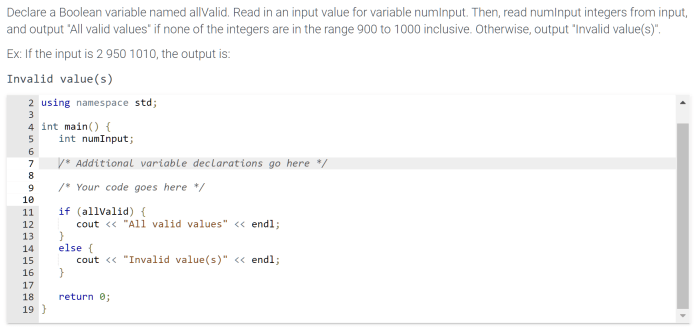Declare a float variable named price – In the realm of programming, the ability to declare and utilize variables is crucial for manipulating data effectively. Among the various data types, floating-point variables hold a special significance due to their ability to represent fractional values with precision. This guide delves into the intricacies of declaring a float variable named price, providing a comprehensive understanding of its purpose, syntax, and best practices.
Declaring a float variable, as the name suggests, involves setting aside a portion of memory to store a floating-point value. This value can represent a wide range of numbers, both positive and negative, with varying degrees of precision. The syntax for declaring a float variable varies across programming languages, but typically involves specifying the data type (float) followed by the variable name.
Float Variable Declaration

Declaring a float variable allows you to store fractional or real numbers in a program. It is a fundamental aspect of programming, enabling precise representation and manipulation of numerical data.
Syntax for Declaring a Float Variable
- C++:
float variable_name; - Java:
float variable_name; - Python:
variable_name = float() - JavaScript:
let variable_name = parseFloat(value);
Examples of Float Variable Declaration
The following examples demonstrate how to declare float variables in different languages:
- C++:
float price; - Java:
float price = 0.0f; - Python:
price = float(12.5) - JavaScript:
let price = parseFloat("10.99");
Float Data Type

The float data type represents floating-point numbers, which are numbers with a decimal point. It provides a wider range and precision than integer data types.
Characteristics of Float Data Type
- Precision:Typically, float variables have a precision of 6-7 decimal places.
- Range:The range of float values varies depending on the programming language and system.
- Storage:Float variables typically occupy 4 bytes of memory.
Advantages and Disadvantages of Using Float Variables
Advantages:
- Precise representation of fractional numbers
- Wide range of values
Disadvantages:
- Limited precision
- Potential for rounding errors
Variable Naming Conventions
Choosing meaningful and descriptive variable names is crucial for code readability and maintainability.
Best Practices for Float Variable Naming
- Use descriptive names that clearly indicate the purpose of the variable.
- Prefix float variables with a descriptive term, such as “f_” or “flt_”.
- Avoid using generic names like “x” or “y”.
Examples of Effective and Ineffective Variable Names
| Effective | Ineffective |
|---|---|
float price_per_unit |
float x |
float total_cost |
float y |
Variable Initialization

Initializing float variables ensures that they have a defined value before use.
Ways to Initialize Float Variables
- Explicit Initialization:Assigning a specific value during declaration (e.g.,
float price = 10.99;) - Implicit Initialization:Assigning a default value (usually 0.0) if not explicitly initialized
Examples of Float Variable Initialization
- C++:
float price = 12.5; - Java:
float price = 0.0f; - Python:
price = float(15.5) - JavaScript:
let price = parseFloat("20.00");
Variable Usage

Float variables can be used in calculations, comparisons, and various operations.
Importance of Type Casting
When performing calculations with different data types, it is important to cast the variables to the appropriate type to avoid data loss or incorrect results.
Examples of Float Variable Usage, Declare a float variable named price
- Calculating the total cost:
total_cost = price- quantity; - Comparing prices:
if (price1 < price2) ... - Storing temperature readings:
float temperature = 25.5;
Variable Scope
Variable scope determines the visibility and lifetime of a variable within a program.
Types of Variable Scope
- Local:Variables declared within a specific block or function, only accessible within that scope
- Global:Variables declared outside any function, accessible throughout the program
Effect of Variable Scope on Float Variables
The scope of a float variable determines its accessibility and potential for modification.
Variable Optimization: Declare A Float Variable Named Price
Optimizing the use of float variables can improve code performance and accuracy.
Techniques for Float Variable Optimization
- Use appropriate precision for the task
- Avoid unnecessary calculations with float variables
- Consider using integer variables when possible
Tips for Improving Float-Based Calculations
- Use parentheses to enforce calculation order
- Round results to a reasonable precision
- Handle rounding errors appropriately
Questions Often Asked
What is the purpose of declaring a float variable?
Declaring a float variable allows programmers to store fractional values with precision, enabling the representation of a wide range of numbers in their programs.
How do I declare a float variable in Python?
In Python, a float variable can be declared using the following syntax: `price = 10.5`
What are the advantages of using float variables?
Float variables offer high precision when dealing with fractional values, making them suitable for calculations that require accuracy.